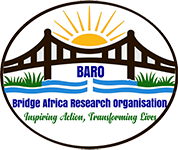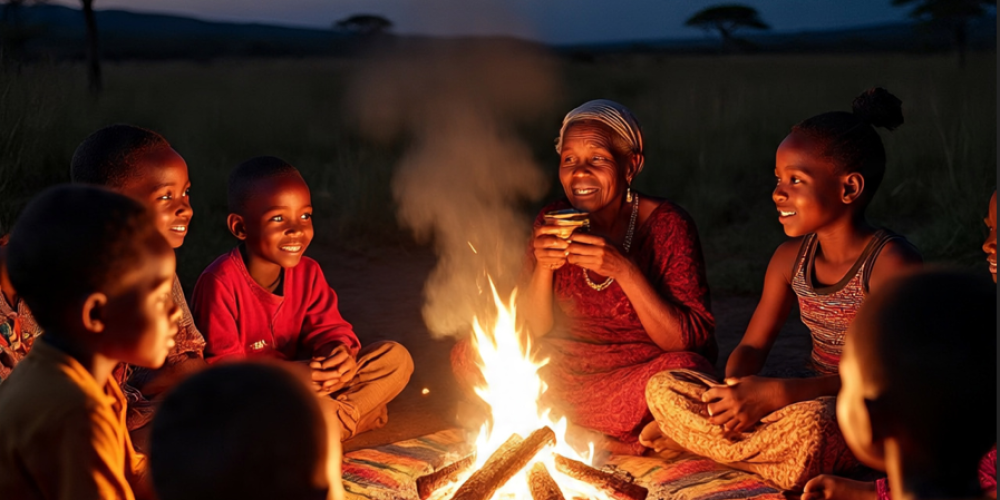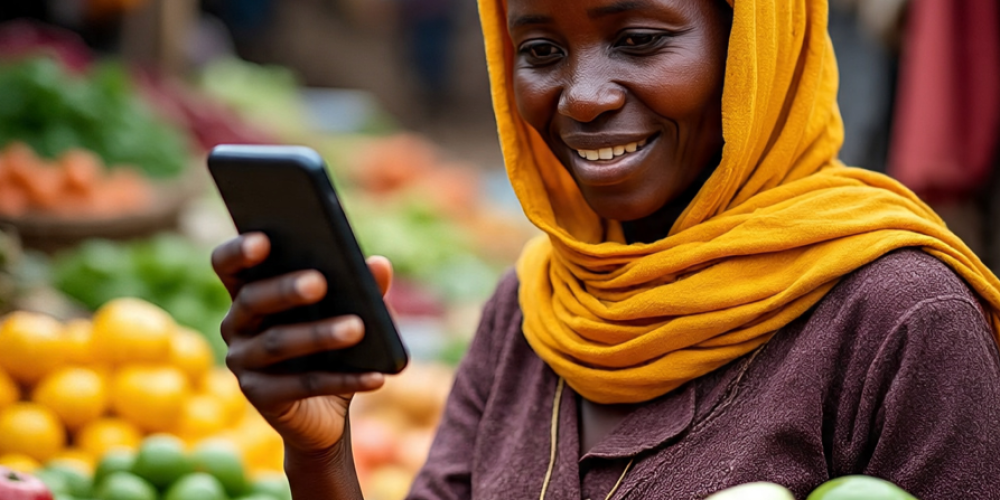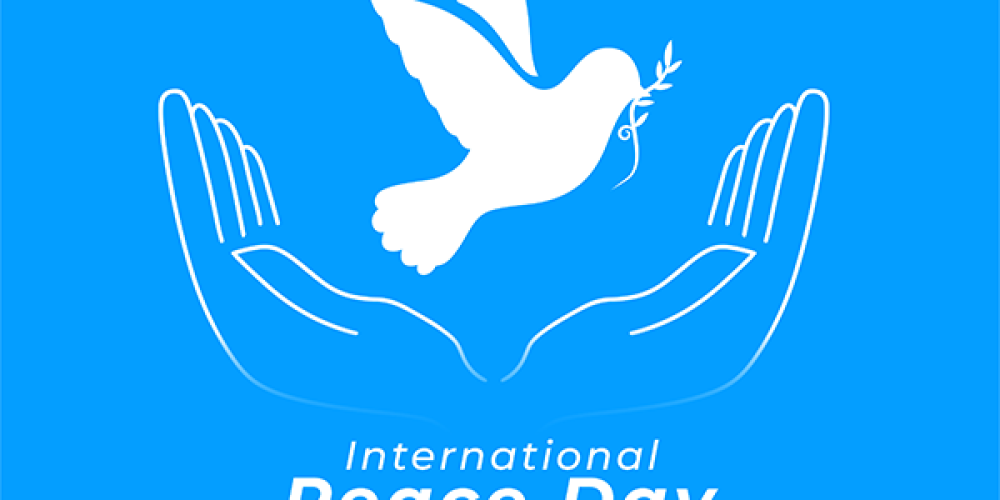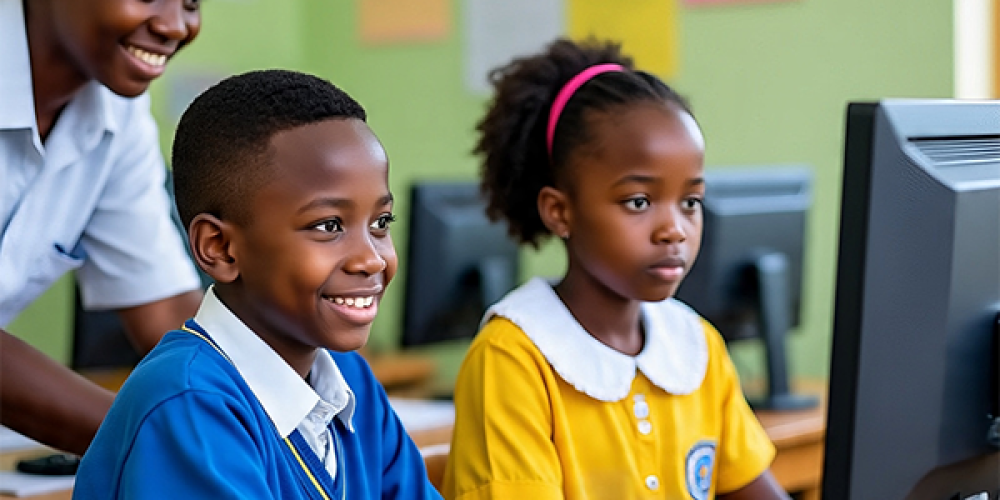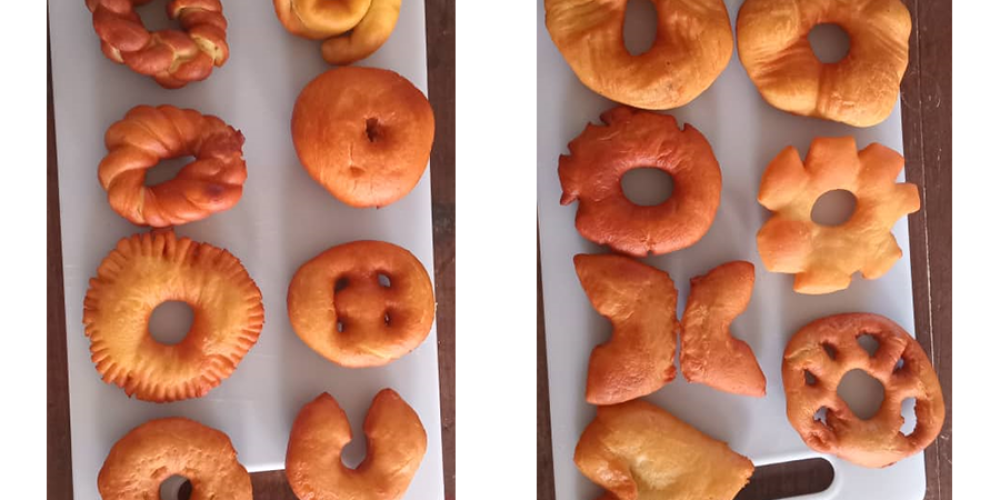Yesterday, I attended a mid‑month meeting with a women’s group in Kahangi, Kabarole District, where they had invited me to share insights on group conflict. The session was lively, filled with laughter, thoughtful exchanges, and constructive debate. Just as I was preparing to leave, one of the members posed a question, that was totally off the day’s topic, and it kept me there for more than an extra hour: “What is the difference between the new and improved seeds?” That single inquiry shifted our conversation toward agroecology. Curious to hear their perspectives, I turned the question back to them, and what followed was a spirited discussion. The women explained that […]
In the fertile village of Kyarwagonya in Fort Portal, farmer William Katanga has become something of a local legend. His towering papyrus reed baskets, their lower halves smeared with cow dung, stand proudly in his granary, cradling beans, millet, cassava, and other staples. To the untrained eye, they may appear rustic, even curious. But to Katanga, they are lifelines, guardians against insects, mold, rats, and the slow decay that robs many farmers of their hard-earned produce. The story begins in the wetlands, where papyrus reeds grow tall and thick. Katanga harvests them with care, drying them under the sun until they become pliable. Then, with practiced hands and a heart […]
In many Ugandan households, evenings once carried a familiar rhythm. Families gathered around the hearth, children sat cross-legged on mats, and elders told stories of Kintu, Nambi, how clans came into existent and the heroic deeds of clan ancestors. These sessions were not mere entertainment; they were classrooms of culture, instilling values of respect, unity, and identity. Today, however, the glow of the fire has been replaced by the blue light of television screens and smartphones. Children are more likely to be absorbed in cartoons from abroad or scrolling through TikTok than listening to their grandmother’s folktales. The penetration of external cultures has gradually reshaped childhood in Uganda. Clan gatherings, […]
In Uganda’s fast-growing digital world, information travels faster than ever. A single post, screenshot, or forwarded message can reach hundreds … sometimes thousands … within minutes. But not everything we see online is true. And when false information spreads, it can cause real harm: confusion, fear, conflict, and even danger. That’s why the SMS tip—“Think before you share online. Verify sources to avoid spreading misinformation” … is more than advice. It’s a skill every young person needs. So, what does it mean to verify a source? It means checking where the information came from before you pass it on. For example, if you see a post claiming that a school […]
As the world marks the 16 Days of Activism Against Gender-Based Violence, the 2025 theme … UNITE to End Violence Against All Women and Girls, rings with urgency and clarity. At BARO, we embrace this call with a deliberate focus on ending violence against women and girls in digital spaces. Because digital violence is not abstract. It is real, relentless, and deeply harmful. It affects one in three women globally, and its impact reverberates through every corner of society. Picture this: a young girl in Uganda receives threatening messages after refusing to share intimate photos. A woman’s private images are leaked without consent, her reputation shredded overnight. A student is […]
Introduction Across Uganda, mobile phones and social media have opened doors to new opportunities. Farmers can check market prices, students can access online learning, and families can stay connected across districts. Yet, these same digital platforms have also created fertile ground for online scams. Rural communities and people with limited literacy are particularly vulnerable, often falling prey to fraudsters who exploit trust and lack of awareness. Protecting these groups requires not only warnings but also practical digital literacy and relatable examples that resonate with everyday life. The Reality of Online Scams in Uganda Scams in Uganda often arrive in the form of text messages or phone calls. A common trick […]
Today, September 21st, the world pauses to mark the International Day of Peace … a day not just for reflection, but for resolve. The United Nations’ theme this year, “Act Now for a Peaceful World,” is a rallying cry for communities across the globe to move beyond platitudes and into purposeful action. In Uganda, where the countdown to the 2026 national elections has begun, this call could not be more timely, or more urgent. Peace is not a distant dream reserved for diplomats and declarations. It is a daily decision, shaped by how we speak, how we lead, and how we engage, especially in the digital spaces that now define […]
In today’s increasingly digital world, online scams have become more sophisticated, targeting individuals across all demographics, especially those with limited digital literacy. From phishing emails to fake job offers and fraudulent websites, these scams exploit trust, urgency, and lack of awareness. For communities in Uganda and across Africa, where mobile internet access is growing rapidly, understanding how to identify and avoid online scams is essential for digital resilience and safety. Online scams often begin with messages that seem legitimate. These may come via email, SMS, WhatsApp, or social media platforms. A common tactic is to impersonate trusted institutions such as banks, NGOs, or government agencies. For example, a scammer might […]
When most people think of donuts, they imagine the familiar ring-shaped treat, simple, sweet, and predictable. But at Katojo Women’s Prison, something extraordinary is happening. Donuts are being reimagined not just as food, but as a canvas for creativity, empowerment, and transformation. As part of an ongoing Culinary Arts training program, women offenders at Katojo are being equipped with practical skills that go far beyond the kitchen. Sponsored by Penal Reform International and implemented by BARO – Bridge Africa Research Organisation, this initiative is more than a vocational exercise; it’s a journey of self-expression, confidence-building, and economic empowerment. In yesterday’s workshop, participants were challenged to think differently. Using the same […]
When warmer weather beckons us outdoors, it often brings along an unwelcome entourage of biting insects that quickly turn pleasure into discomfort. Mosquitoes, in particular, seem to thrive on gatecrashing every picnic, evening walk, and quiet garden moment. To keep them at bay, insect repellents have become essential companions—but not all repellents are created equal, and not all need to come from a shelf. At BARO, we believe that every person should be equipped not only with the knowledge to protect oneself but also with the skills to create that protection from scratch. Through our Personal Care Program, we teach participants how to formulate their own safe, effective, and beautifully […]
